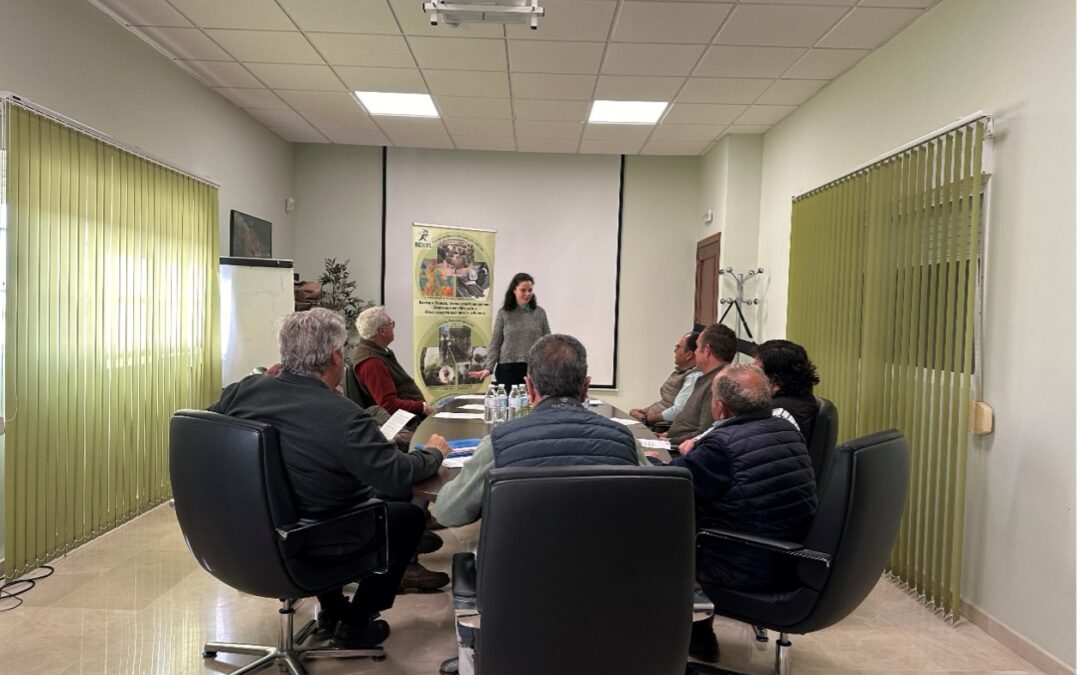Abstract submissions and travel grant applications are now open for the next year’s International Conference on Plant Pathogenic Bacteria (ICPPB).
ICPPB promotes and disseminates the latest scientific advances in all aspects of phytobacteriology including disease epidemiology, pathogen ecology and evolution, disease diagnostics, molecular plant-bacteria interactions, and disease control and prevention.
The last meeting in Assisi (Italy) in 2022 was attended by over 200 participants. The next meeting will be held at the Virginia Tech and Skelton Conference Center, Blacksburg, Virginia, USA.
Applications for travel grants will close on 1 February 2024 and submission of abstracts will close on 15 March 2024. Registration will open on 15 January 2024.








